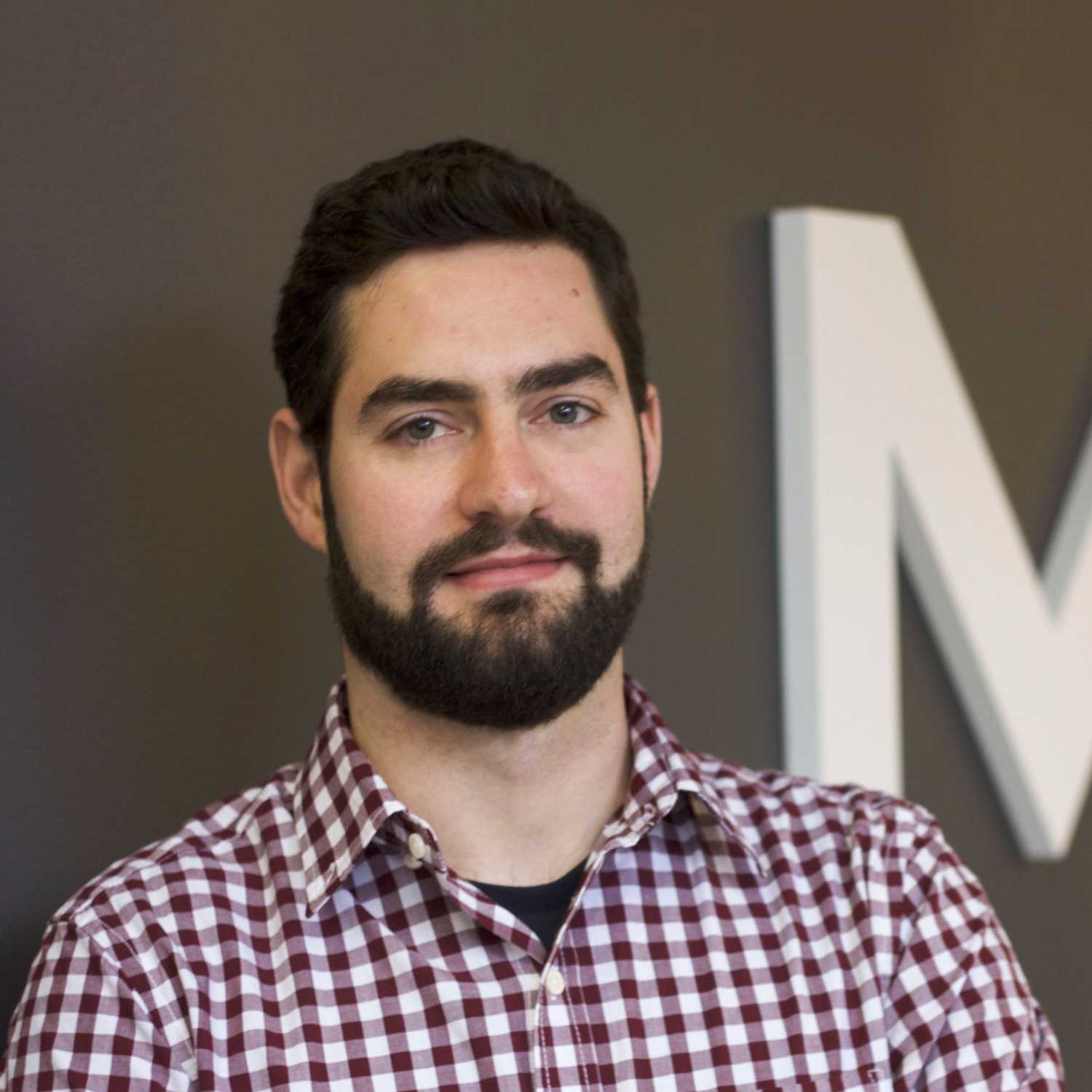Performing the Digital Edition
Textual Scholarship & the Digital Consumption of Music Scores
Speakers

What is the future of sheet music? The flexibility of the digital medium, as opposed to the rigidity of the printed form, calls for a more modern concept of the music score. Even digital sheet music, in most cases, is designed to be printed; it is either produced with typesetting software, or made of images scanned from a printed source. This type of digital score exists in digital form almost exclusively for distribution. The difference between print and digital distribution is access: scores can be downloaded and printed at home. Digital consumption, on the other hand, entails reading and performing the score directly from its digital manifestation. Small businesses are already investing in technologies to make the score follow the performer while playing, to support writing and displaying annotations by the performer, a teacher, other peers, etc. In this talk, I’ll address the current status of digital sheet music publication and ask: can the digital consumption of a changeable, customizable publication influence a performer’s advocacy of a work? Textual scholarship and the preparation of critical editions is a fundamental component of this discussion, where I’ll convey editorial transparency as a vital function of digital consumption.
Speaker Bios
Raffaele (Raff) Viglianti is a Senior Research Software Developer at MITH. He holds a Ph.D. in Digital Musicology from the Department of Digital Humanities at King’s College London, where he also contributed to several major digitization and text encoding projects. Raff's research is grounded in digital humanities and textual scholarship, where “text” includes musical notation. More specifically, he seeks to advance textual scholarship by finding new and efficient practices to coherently and digitally model and edit (publish, or make available) text and music notation sources as digital scholarly resources. In adopting and developing new research methods, he deliberately takes a multicultural perspective by engaging with multilingual content, facing the diverse realities of the constraints in accessing and creating digital scholarly content, and by adopting a global approach to teaching and learning. Raff is currently an elected member of the Text Encoding Initiative technical council and the Technical Editor of the Scholarly Editing journal.
Media
A continuously updated schedule of talks is also available on the Digital Dialogues page.
Unable to attend the events in person? Archived podcasts can be found on the MITH website, and you can follow our Digital Dialogues Twitter account @digdialog as well as the Twitter hashtag #mithdd to keep up with live tweets from our sessions. Viewers can watch the live stream as well.
All talks free and open to the public. Attendees are welcome to bring their own lunches.
Contact: MITH (mith.umd.edu, mith@umd.edu, 301.405.8927).
